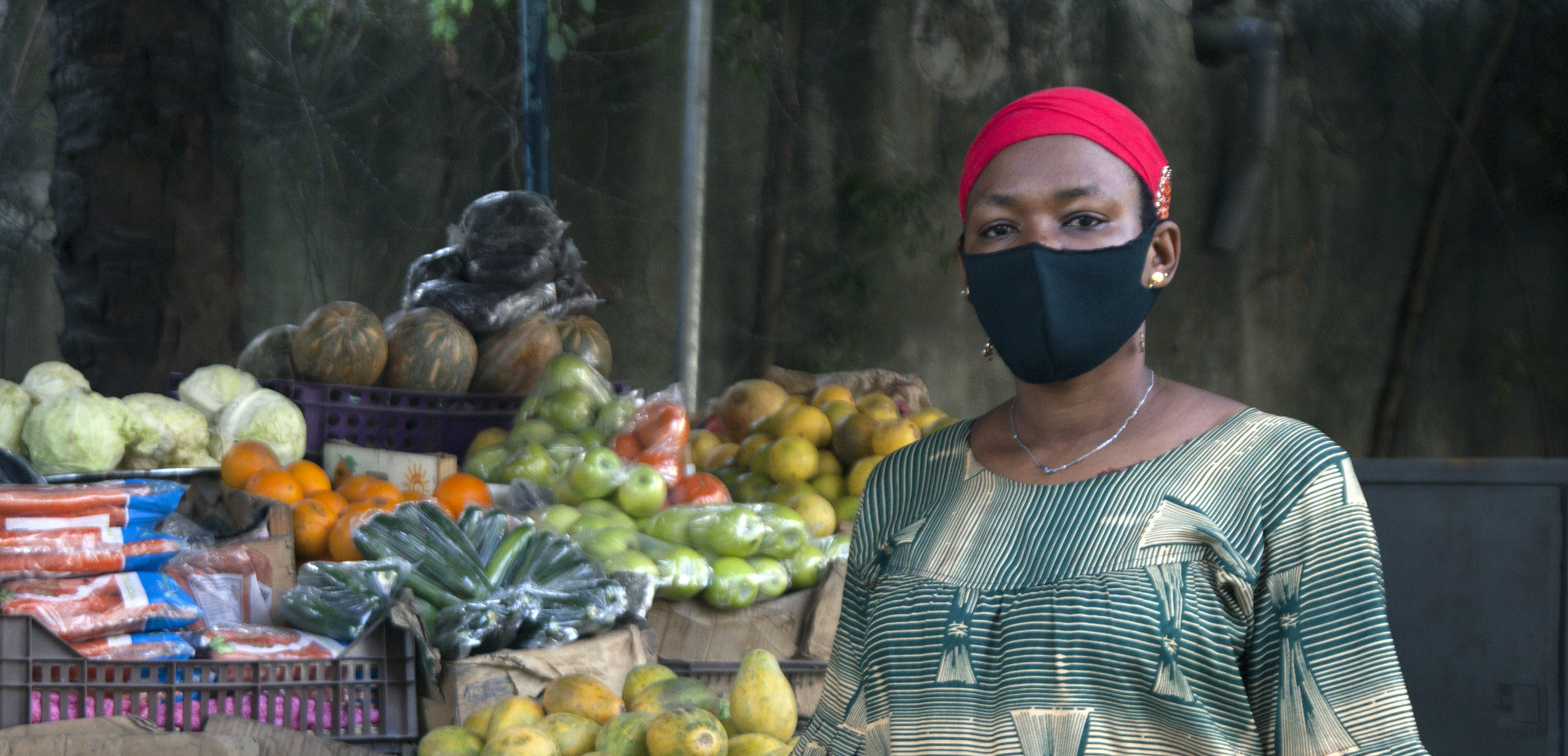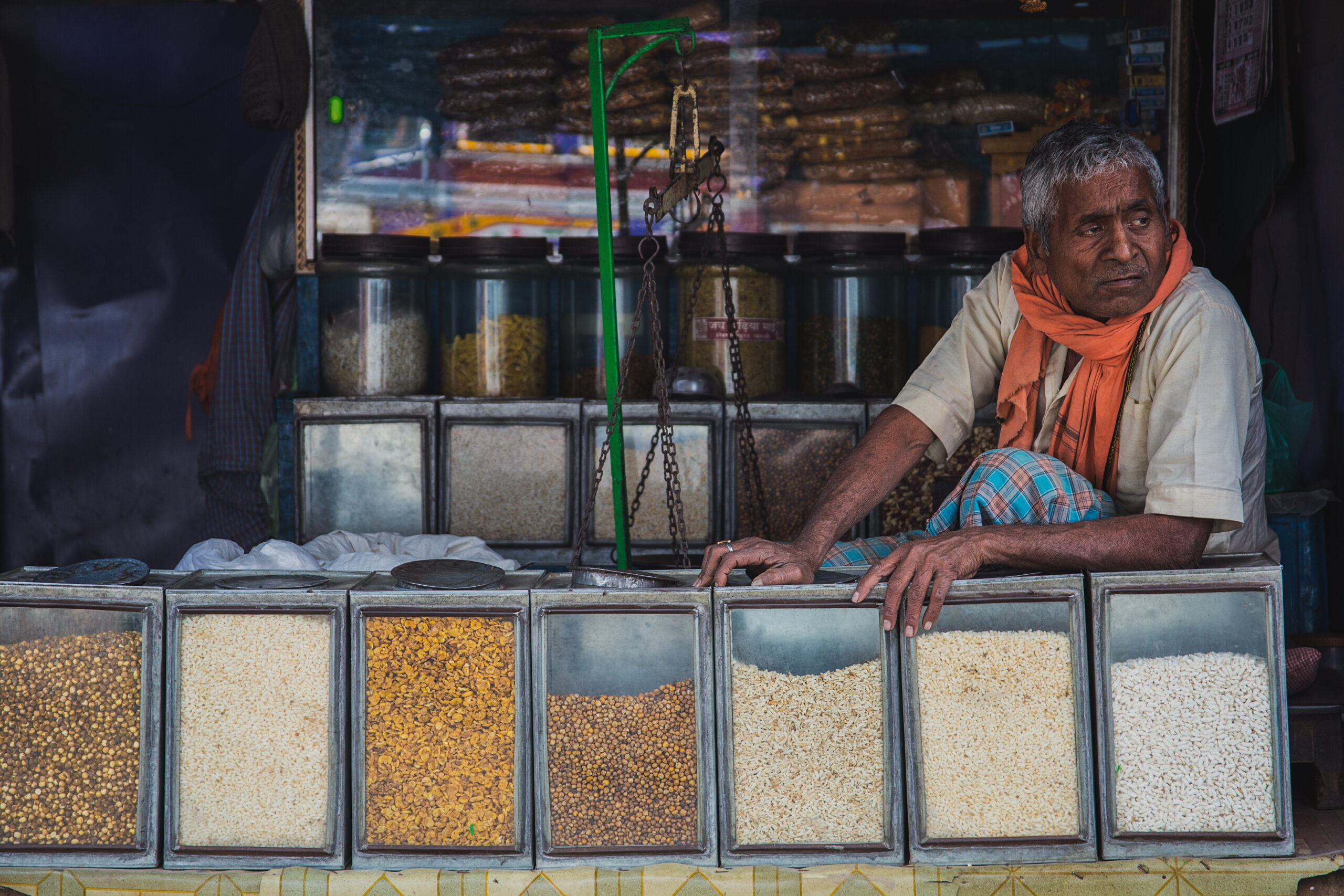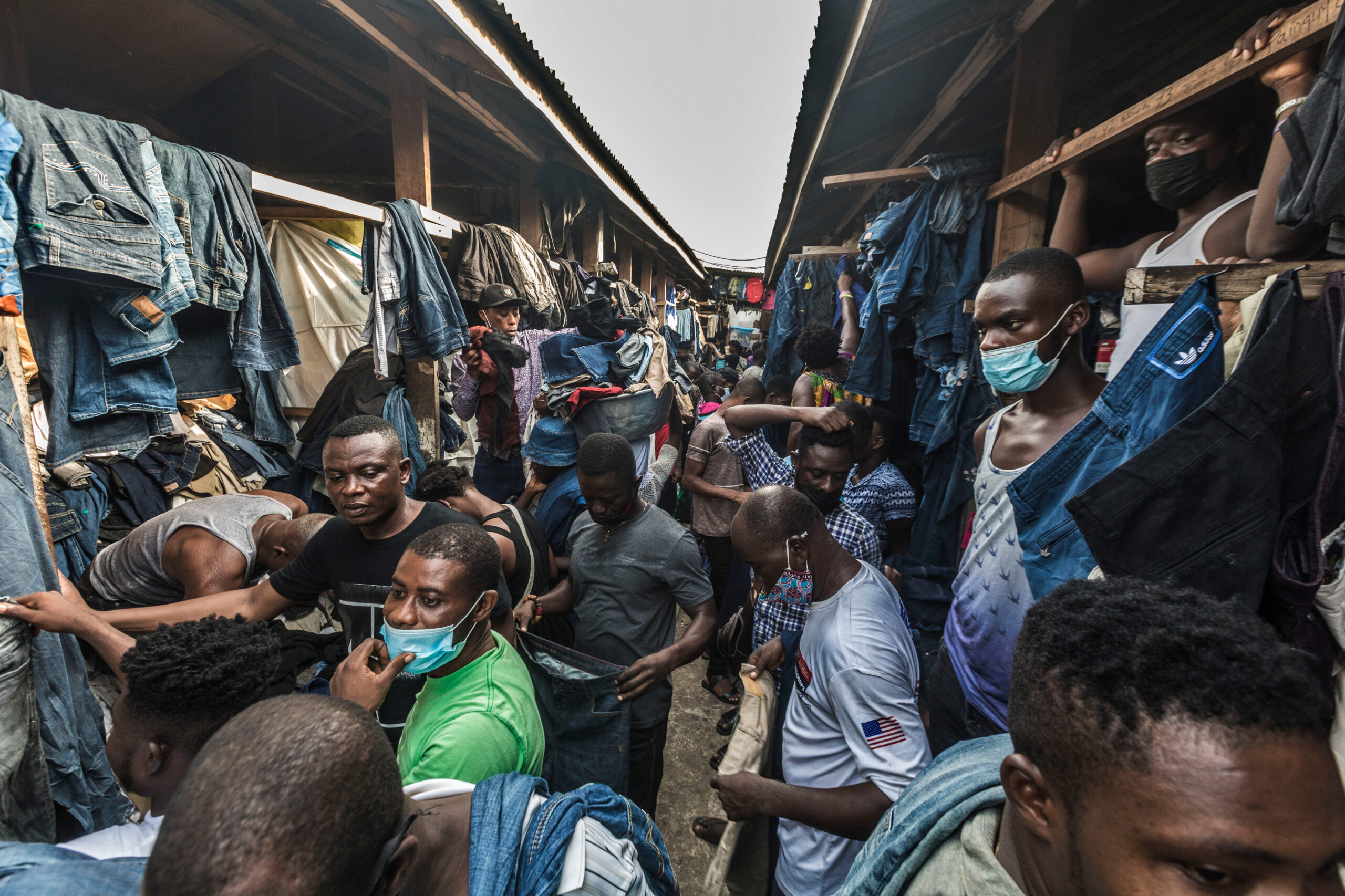In the aftermath of the Covid-19 pandemic, governments around the world took a range of measures to fight against the spread of the pandemic, including containment measures, closure of public places, and movement restrictions. In the African context, which is dominated by the informal sector, these public measures have severely affected households, as well as workers and businesses in the informal sector. In response, governments have adopted measures to mitigate the effects of the Covid-19 pandemic on these fragile populations.
Our research
Since August 2020, our team at the Cellule d’Analyse de Politques Economiques du CIRES (CAPEC) in Côte d’Ivoire has been assessing the impact of Covid-19 public policies in Burkina Faso, Cameroon, Côte d’Ivoire and Senegal.
We have been working in collaboration with the Laboratoire d’Analyse Quantitative Appliquée au Développement du Sahel (LAQAD-S) of Burkina Faso, the Laboratoire de Recherches Economiques et Monétaires (LAREM) of Senegal and the Centre d’Etudes et de Recherche en Economie et Gestion (CEREG) of Cameroon.
The project, which focuses specifically on youth, women, and enterprises (both formal and informal) in the four countries, aims to assess changes in activities, income, consumption, and well-being. It also evaluates the impact of public policies and endogenous strategies implemented by these populations and informal enterprises on their resilience.
Effects on households
In all four countries, Covid-19 has contributed to a significant decline in household income and consumption, as well as job losses for household members. According to a survey we conducted, job losses were higher among men than women in each country. Households have been adopting resilience strategies including dissaving, self-employment, and changing jobs to adapt to the situation.
In Côte d’Ivoire, a money transfer measure for poor households known as the ‘Fonds de Solidarité’ of 170 billion CFA francs (approximately 283.33 million US dollars) has contributed to cover their essential household expenses, and finance income-generating activities. In Senegal, the most common measure was food distribution. In Burkina Faso, it was government assistance to pay water and electricity bills. In Cameroon, it was the distribution of masks and hydro-alcohol gels.
In Côte d’Ivoire, per capita expenditure of beneficiary households increased significantly compared to non-beneficiaries. The measures in Burkina Faso also positively affected household consumption expenditure; however, the difference is only significant among male-headed households. It seems that the measures have been less relevant for female-headed households. Despite the importance of these measures for household resilience, some shortcomings were noted. These include shortcomings around the strategy for targeting beneficiaries within these policies, and their short duration – whereas the Covid-19 pandemic lasted for over 2 years.
Effects on informal businesses
Covid-19 has profoundly affected the performance of informal businesses during periods of severe restrictions in all four countries. In Cameroon, for instance, 87.37 per cent of the entrepreneurs surveyed stated that they had experienced a drop in their activities during these periods (compared to only 4.66 per cent of informal enterprises before Covid-19).
The enterprises that remained in business faced many challenges such as poor access to finance and low innovation capacity. Factors that have contributed to resilience include the creation of new products and services (e.g. home delivery of meals for restaurant owners), improved service, and reduced working hours. The public policies implemented have generally consisted of the deferral of certain taxes (which informal businesses pay). In Cameroon, an SME support fund was established (for both the formal and informal sector). In Côte d’Ivoire, a 100 billion CFA francs (approximately 166.67 million USD) support fund for informal sector actors was set up.
The public policy measures supporting informal enterprises – especially the tax suspension measures and the specific funds – have been a breath of fresh air for them. However, there has been insufficient communication on the existence and conditions of the funds, as well as a weakness in the monitoring of beneficiary enterprises.
Public measures are essential to mitigate the negative effects of shocks, particularly health shocks, on vulnerable households and informal sector actors. However, there is a need for the government to better communicate on the measures and adapt the eligibility requirements for the funds to the realities of informal sector actors. These actors should benefit from capacity-building programmes to increase their knowledge and capacity to innovate and meet the eligibility criteria for funds, in view of increasing their resilience to exogenous shocks.


